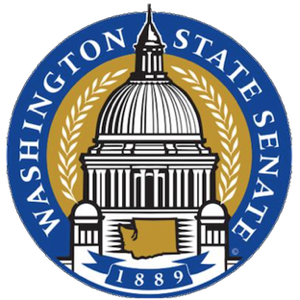The Washington State Senate Labor and Commerce Committee (WA Senate LBRC) considers issues relating to employment standards, industrial insurance, unemployment insurance and collective bargaining. The committee also considers regulation of business and professions and has oversight of commerce issues relating to alcohol, tobacco, cannabis, and gaming.
Work Session - Washington State Liquor and Cannabis Board (WSLCB)
- Updates on liquor policies, including new rulemaking activity during the COVID-19 pandemic and the implementation of recent legislation.
- Update on cannabis policies, including social equity efforts, sales, and criminal activity.
